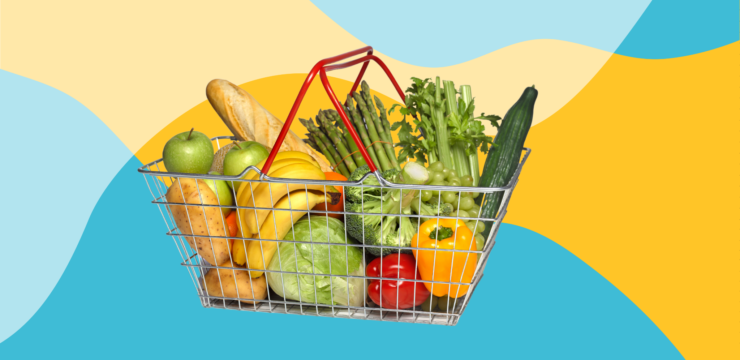In recent years, the demand for organic products has surged as consumers become more conscious about what they eat and how it’s produced. But what does “organic certification” actually mean, and why is it important? Let’s break it down.
What Is Organic Certification?
Organic certification is a process by which a farm or processing facility is verified to follow strict standards for organic farming. These standards are set by government or independent regulatory bodies, depending on the country. In the United States, for example, the USDA (United States Department of Agriculture) oversees organic certification through its National Organic Program (NOP). Similar agencies exist in other regions, such as the EU Organic Certification in Europe or Canada Organic Regime in Canada.
Core Requirements for Organic Certification
To be certified organic, producers must follow specific practices including: No synthetic fertilizers or pesticides, No genetically modified organisms (GMOs), Sustainable farming methods, Animal welfare standards for organic livestock, and Detailed record-keeping and regular inspections. These practices are meant to promote ecological balance, conserve biodiversity, and maintain soil and water quality.
What Products Can Be Certified?
Organic certification isn’t limited to fruits and vegetables. It can apply to: dairy and meat products, grains and cereals, processed foods (like organic snacks or baby food), personal care products (when organic ingredients are used), and textiles, such as organic cotton. However, for any product to carry the official organic seal, each step of its supply chain must meet certification standards—from the farm to the final packaging.
Why Organic Certification Matters
Here’s why certification is more than just a label: ✅ Consumer Trust – The label helps consumers make informed choices by verifying how a product is made. 🌿 Environmental Impact – Certified organic farming often uses techniques that are more environmentally sustainable. 🛡️ Transparency – Certification involves third-party inspections, ensuring credibility and consistency.
Is “Natural” the Same as “Organic”?
Not at all. Terms like “natural,” “free-range,” or “eco-friendly” are not regulated in the same way “organic” is. A product labeled “natural” doesn’t guarantee it was produced without synthetic chemicals or GMOs. Only “certified organic” products meet specific standards and undergo third-party verification.
How to Recognize Certified Organic Products
Look for the official seal from your country’s certification authority. For example: the USDA Organic seal (U.S.), the EU Organic logo (Europe), or the Canada Organic logo. If the seal is missing, check the ingredients list or certification number on the label for more information.





